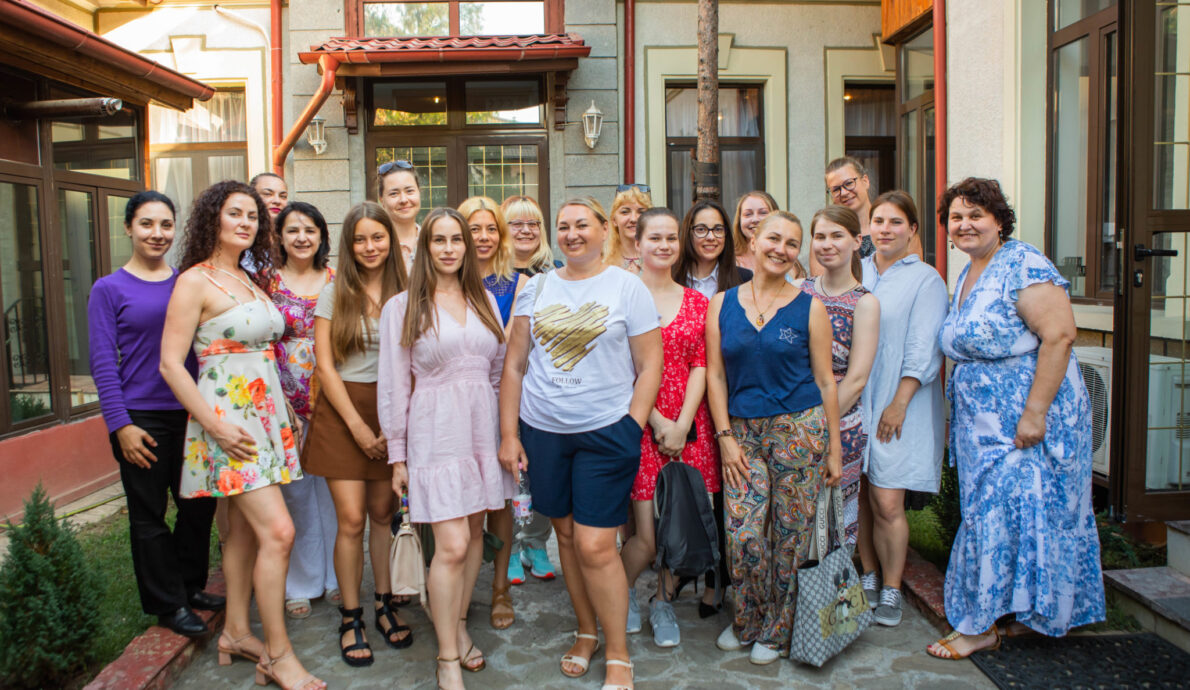Ukraine is a country in the midst of transition and conflict. It is transitioning to democracy with hopes of joining the European Union while engaged in a ‘hybrid war’ (one including conventional weapons in addition to cyber-attacks and disinformation spread via social media) with Russia on its eastern border. As part of its efforts to counteract Russia’s aggression online, the Ukrainian government has ordered the blocking of hundreds of Russian websites, mainly those related to media and financial services. Proposals are being floated in Parliament to require internet service providers (ISPs) to install ‘black box’ surveillance technology to enforce the blocking of these websites. With Ukraine’s major media outlets (print, radio, television, etc.) owned by oligarchs and politicians, the internet remains one of the few civic spaces in the country open to independent journalism and civic activism. Under the guise of national security interests, the internet in Ukraine is at risk of becoming more securitized and less democratic.
A coalition of media and internet freedom activists led by Counterpart International partner Internews-Ukraine recently issued the Declaration of Free Internet in Ukraine. Inspired by global examples yet localized for the Ukrainian context, this declaration lays out ten clear principles for internet freedom in Ukraine. This foundational document aims to educate policy makers, the media, and the general public on the basic tenets of a free and open internet within a democratic society. The principles lay out how Ukraine can balance the right to access the internet, retain freedom of expression online with appropriate limitations in case of armed conflict, and provides guidelines by which a court must arbitrate all controversial cases.
This emphasis on judicial process is especially important for the Ukrainian government as it seeks to protect fundamental rights online while blocking national security threats from Russia. The “limitations in case of aggression” point clearly states the need for a demonstrated justification tied to military aggression in order to limit internet access, and that the final decision should be made by a court following judicial due process. This provision would potentially impact the current list of Russian websites banned by the government, as it would be difficult to prove that some of the more popular Russian-language sites are a direct conduit for Russian aggression. As Ukraine gears up for a major national election next year, civil society actors are concerned that banning websites by executive fiat without judicial oversight could put legitimate political criticism and independent journalism at risk.
Only three days after the release of the Declaration of Free Internet, the Ukrainian parliament included a draft law, “On Introducing Changes to Certain Legislative Acts of Ukraine Concerning Counteraction to Threats to the National Security in Information Sector” (bill number 6688), on their official legislative agenda. The draft law allows for the temporary blocking of websites, obliges ISPs to install tools for the surveillance of banned websites, and stipulates severe penalties, including criminal responsibility, for failure to comply with blocking requirements. Originally introduced in the parliament last year, the bill was beaten back by public pressure from media organizations and human rights defenders. The then-Ombudsman of Ukraine, Valeria Lutkovska, stated that draft law 6688 “undermines the very essence of the right for freedom of expression.”
A coalition of media organizations and human rights defenders have raised a red flag against the draft proposal and are urging MPs to vote against it. Activists have repeatedly raised concerns about persistent attempts to mandate black box surveillance equipment, a technology ripe for abuse against political opponents. Led by Counterpart partner Digital Security Lab, a small but dedicated group of human rights activists and digital security experts formed the FreeNet Ukraine Coalition who stated in a recent press release that they came together “in response to the authorities’ constant attempts to restrict the Internet, block websites and control Internet without regard to the rule of law [sic].” The group promises to provide rapid response advocacy and legislative analysis on threats to fundamental rights online. Recently, the Coalition issued a legal analysis of the most recent presidential decree on blocked websites, deeming it unconstitutional and at odds with international law. The Coalition is taking a leadership role in this debate at a critical time as the country struggles to keep its fledgling democracy intact while preparing for EU membership and a major national election in 2019.
Ukraine is in a unique situation as it aims to fend off Russian aggression online while maintaining fundamental democratic rights. Internet governance in the country is at risk of becoming ever more securitized as policy decisions are being discussed and made within a national security framework. As the country moves towards shoring up its democracy and becoming a member of the EU, it must not adopt restrictive Russian internet governance standards as it attempts to thwart Russian influence. Fortunately, a committed group of civil society activists are taking up the fight to defend fundamental rights online.
photo credit: DmyTo/iStock



